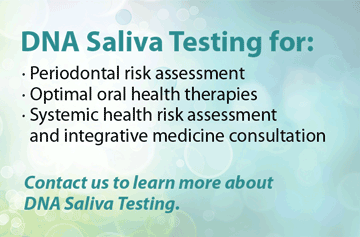Ask Dr. Isaac Comfortes of Encino, California, what he eats, and he will tell you about his conscientious food choices and menu planning to make sure he is fueling his body for optimal health. “I focus on a plant-based diet,” says Dr. Comfortes. “I recommend this to all my patients. Focus on plants, eat organic, and whenever possible eat gluten-free. Eliminate refined sugar–get it down to a bare minimum. This is what is healthiest for the body.”
Certain foods are particularly good for boosting the immune system. These include blueberries, dark chocolate, turmeric, salmon, tuna and other oily fish, broccoli, sweet potatoes, spinach, ginger, garlic, green tea, kefir, sunflower seeds, almonds, oranges, kiwifruit, and red bell peppers. Read More Here and take note that blueberries and some of the other listed foods are full of flavonoids. (A 2016 study noted that flavonoids play an essential role in the respiratory tract’s immune defense system.)
Note that Vitamin C is one of the biggest immune system boosters of all. Foods rich in C are citrus fruits, strawberries bell pepper, spinach, kale, and broccoli. Vitamin B6 supports biochemical reactions in the immune system, so you need B6 found in chicken, salmon, tuna, green vegetables, and chickpeas. And, vitamin E is full of antioxidants that fight off infection. Food choices that are full of vitamin E are spinach, nuts, and seeds.
Research has shown that Vitamin D supports the immune system and is essential for everything from bone health, to fighting viral illnesses, to heart health, to antiaging and battling many types of cancer. Many of the foods listed above and dairy products are rich in Vitamin D. For heart health, stick to the lowest fat dairy products. “Again, choose organic,” says Dr. Comfortes.
Zinc (Zn) is a mineral that is especially helpful for keeping your immune system healthy and properly functioning to fight off bacteria and viruses that make you sick. Many foods are naturally rich in Zinc. The most popular are spinach, cashews, and almonds.
“The best way for the body to absorb essential vitamins and minerals is through eating foods rich in them,” says Dr. Comfortes. “But supplements can be greatly beneficial for many circumstances. I advise my patients to meet with a dietitian and to be in regular consultation with their physicians regarding their diet and ingestion of nutritional supplements. If my patients need a referral, I am happy to help them find a dietician or primary physician in our community who focuses on whole body wellness.”
A tip from Dr. Comfortes: Start charting the foods you eat. How many in a given week are mentioned above? Shop for and plan your next meals around foods listed above. Continue charting the foods you eat. Review again how many of the immune boosting foods you ate in the last week? How many were organic? Did you succeed in avoiding gluten and refined sugar? Did you eat 75% plants? Set new goals for shopping, meal planning, meal preparation, and the foods you do and do not eat. Keep this up, and when I see you again, let’s talk about how you are doing with “eating healthy.”





 The general, cosmetic and reconstructive dental practice of Encino dentist Dr. Isaac Comfortes is devoted to restoring optimal oral health, which supports whole body health and enhances the natural beauty of smiles.
The general, cosmetic and reconstructive dental practice of Encino dentist Dr. Isaac Comfortes is devoted to restoring optimal oral health, which supports whole body health and enhances the natural beauty of smiles.